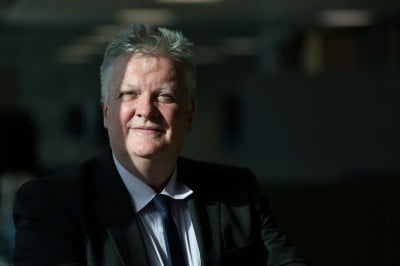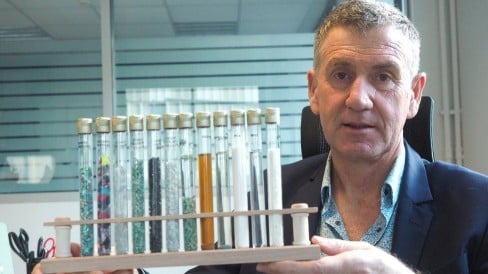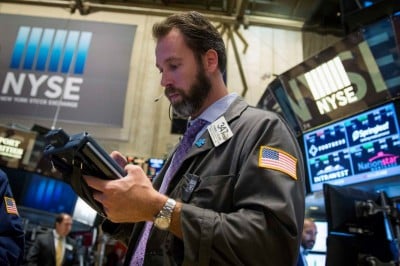 © Reuters. FILE PHOTO: Chief Economist and Executive Director for Monetary Analysis and Research at the Bank of England, Huw Pill meets with reporters in the Reuters' offices at Canary Wharf in London, Britain, September 5, 2023. REUTERS/Suzanne Plunkett
© Reuters. FILE PHOTO: Chief Economist and Executive Director for Monetary Analysis and Research at the Bank of England, Huw Pill meets with reporters in the Reuters' offices at Canary Wharf in London, Britain, September 5, 2023. REUTERS/Suzanne Plunkett By Balazs Koranyi
MARRAKECH, Morocco (Reuters) - Bank of England Chief Economist Huw Pill said the question of whether the British central bank had done enough to see off high inflation was becoming more finely balanced after 14 back-to-back interest rate hikes.
"We have done a lot over the last two years. A lot of that policy is still to come through," Pill told a panel discussion on Thursday on the sidelines of International Monetary Fund meetings in Morocco.
"Whether we've done enough - or whether we have more to do - I think is becoming a more finely balanced issue. But we will do what we need to do in order to have inflation at 2% on a lasting basis."
He said it was premature to talk about when the BoE might cut rates and reiterated its message that it was likely to keep borrowing costs high for a period.
"The idea that policy stance can or would or is likely to... turn on a sixpence seems to me to be overdrawn," Pill said.
The BoE began raising its benchmark Bank Rate in December 2021, taking it from 0.1% to 5.25% in August. It held it at that level last month after weaker inflation data than expected and some signs of a labour market slowdown emerged.
Four of the Monetary Policy Committee's nine members voted for another increase at September's meeting. Pill was in the majority of five that voted for a pause.
In his comments on Thursday, the former Goldman Sachs economist said it was still unclear what was going on in Britain's labour market after in light of a massive jobs subsidies scheme during COVID-19, Brexit and higher long-term sickness levels.
Investors see a nearly 80% chance on the BoE keeping rates on hold on Nov. 2 after its next scheduled policy meeting.
Data on Thursday showed Britain's economy only partly recovered in August from a sharp fall in July and economists see a risk of a recession in the second half of 2023.
Another policymaker, Swati Dhingra, told the BBC the economy was flat-lining with only about a quarter of the impact of the rate hikes having fed through so far.
If growth falls by much more than the BoE expects, a rate cut might happen sooner than expected, she said.
Dhingra has voted against rate hikes or in favour of only small increases since joining the MPC last year.
Last week, BoE Deputy Governor Ben Broadbent said it was an open question whether interest rates would increase further.
BoE's Pill says question of more rate hikes is 'finely balanced'


